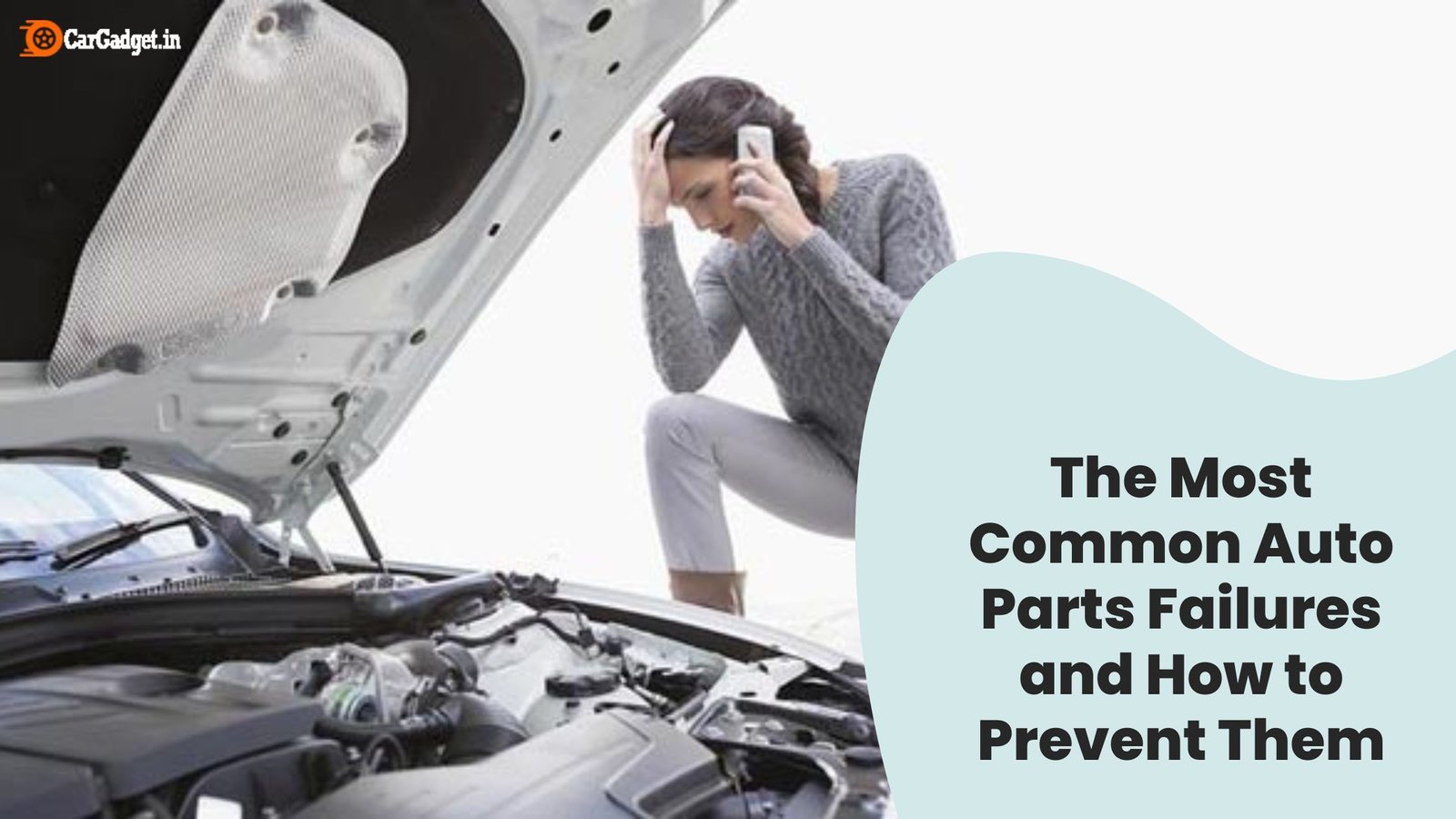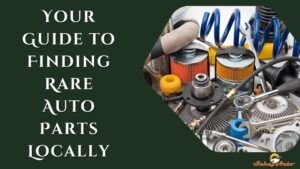The Most Common Auto Parts Failures and How to Prevent Them
As a car owner, it’s important to understand that all auto parts will eventually fail. However, there are certain parts that tend to fail more often than others. In this article, we will discuss the most common auto parts failures and how to prevent them.
Introduction
Auto parts failures can be frustrating and expensive. It’s essential to take proper care of your vehicle to prevent these issues from occurring. By being proactive and performing regular inspections and maintenance, you can avoid many of the most common auto parts failures.
Battery Failure
The battery is responsible for providing power to start the vehicle and to run accessories when the engine is not running. The most common cause of battery failure is leaving electrical components on when the engine is off. The best way to prevent battery failure is to turn off all electronics, including headlights, radios, and air conditioning, when the vehicle is not running.
Alternator Failure
The alternator is responsible for charging the battery and powering the electrical system when the engine is running. The most common cause of alternator failure is a faulty battery that demands too much power. One way to prevent alternator failure is to replace the battery every five years or when signs of wear and tear are noticeable.
Starter Motor Failure
The starter motor is responsible for starting the engine. The most common cause of starter motor failure is wear and tear due to heavy use. One way to prevent starter motor failure is to ensure that the engine is regularly serviced and maintained.
Brake System Failure
The brakes are an essential part of any vehicle. Brake failures can be very dangerous and can result in accidents. The most common cause of brake failure is worn brake pads or shoes. One way to prevent brake failure is to replace the brake pads or shoes as soon as they are worn.
Suspension System Failure
The suspension system is responsible for providing a comfortable ride and keeping the tires in contact with the road. The most common cause of suspension system failure is worn shocks or struts. One way to prevent suspension system failure is to have the shocks or struts replaced as soon as they show signs of wear.
Transmission Failure
The transmission is responsible for transferring power from the engine to the wheels. The most common cause of transmission failure is lack of maintenance, including regular oil changes. One way to prevent transmission failure is to have the transmission serviced regularly.
Cooling System Failure
The cooling system is responsible for regulating the temperature of the engine. The most common cause of cooling system failure is a lack of maintenance, including regular checks of coolant levels and changing coolant as indicated by the manufacturer. One way to prevent cooling system failure is to have the system regularly serviced.
Fuel System Failure
The fuel system is responsible for delivering fuel to the engine. The most common cause of fuel system failure is contaminated fuel or clogged filters. One way to prevent fuel system failure is to use high-quality fuel and to have the filters replaced regularly.
Electrical System Failure
The electrical system of a vehicle is responsible for powering everything from the radio to the headlights. The most common cause of electrical system failure is a faulty alternator or battery. One way to prevent electrical system failure is to have the electrical system checked regularly during routine maintenance.
Power Steering Failure
The power steering system is responsible for making it easier to steer the vehicle at low speeds. The most common cause of power steering failure is a lack of maintenance, including regular checks of fluid levels. One way to prevent power steering failure is to have the system serviced regularly.
Preventative Maintenance
Proper maintenance is the key to preventing auto parts failures. Proper maintenance includes regular oil changes, tire rotations, and brake inspections. Following the manufacturer’s recommended maintenance schedule will help avoid costly and frustrating auto parts failures.
Conclusion
Auto parts failures can be frustrating, time-consuming, and expensive. However, many of these problems can be avoided with proper maintenance and care. Regular inspections and maintenance, along with prompt repairs when necessary, can help ensure that your car runs smoothly and safely.
FAQs
- How often should I change my oil?
- Most manufacturers recommend an oil change every 5,000 to 7,500 miles.
- How often should I have my brakes checked?
- Brakes should be checked at least once a year or when any signs of wear are noticeable.
- How can I tell if my alternator is failing?
- Signs of a failing alternator include dimming headlights and a weak battery.
- Is it important to replace the battery every five years?
- Yes, replacing the battery every five years or when signs of wear and tear are visible can help prevent alternator failure.
- Can regular maintenance really prevent auto parts failures?
- Yes, regular maintenance can help prevent many common auto parts failures.


